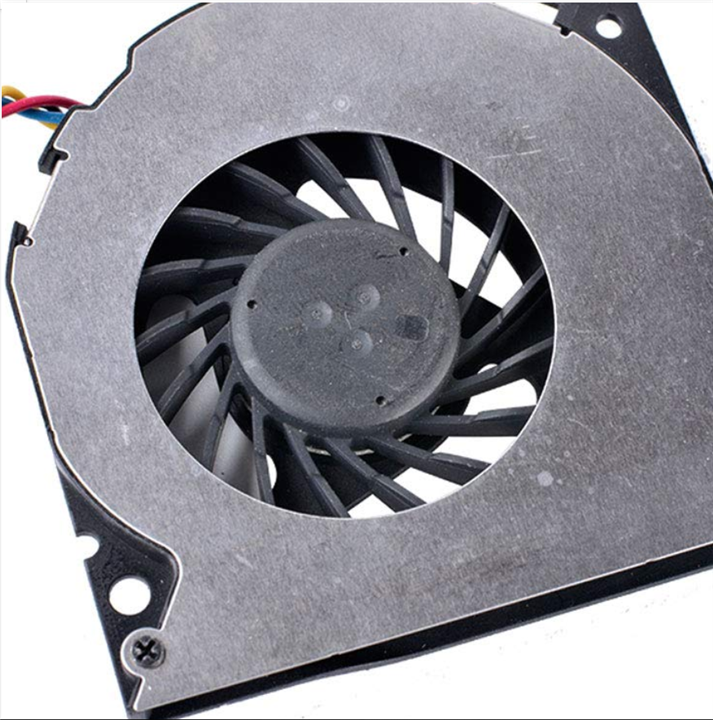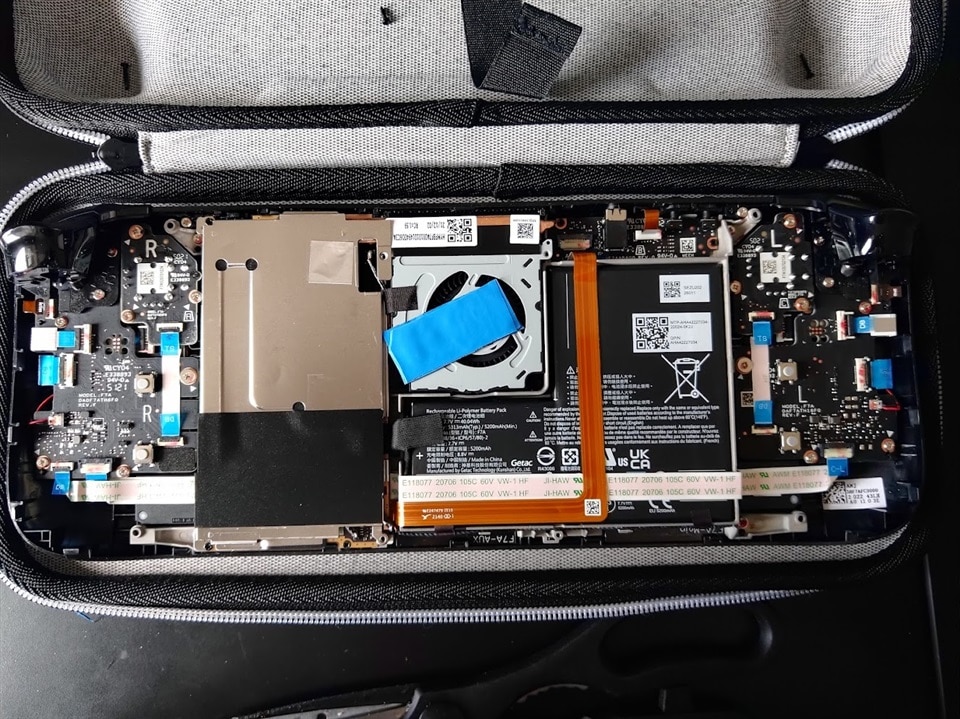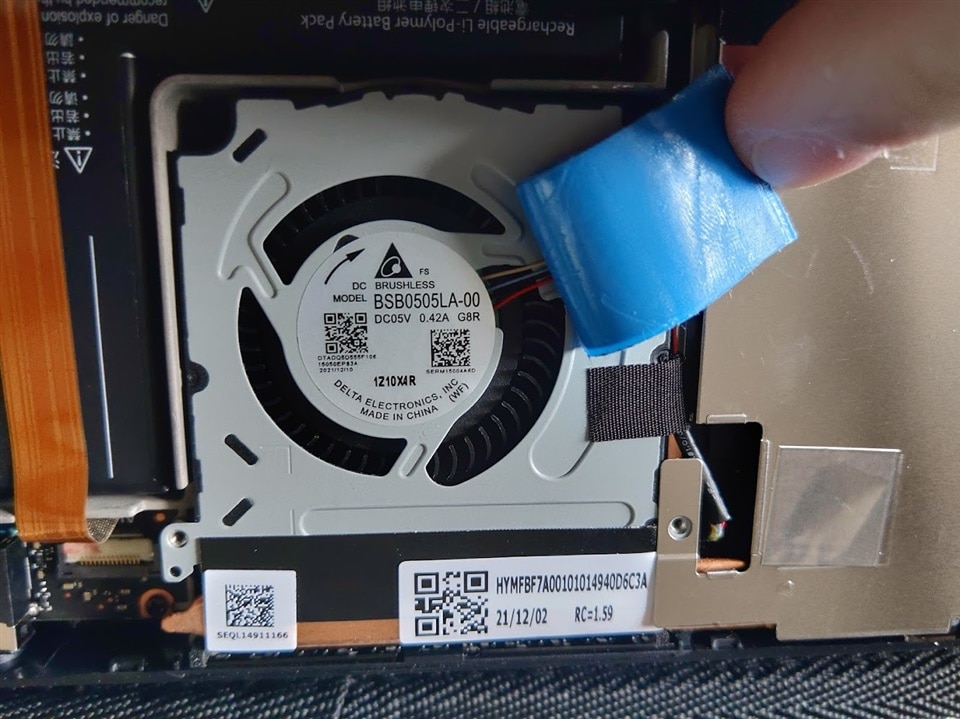I've recently received a device and it has a fan built into it for cooling, but I've noticed a particular whine with it:
A very high volume 3.7khz pitch whine/noise from it.
What could cause such a noise? and more importantly, what should be the solution?
This is what the fan looks like physically:







